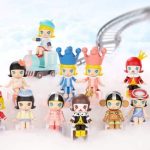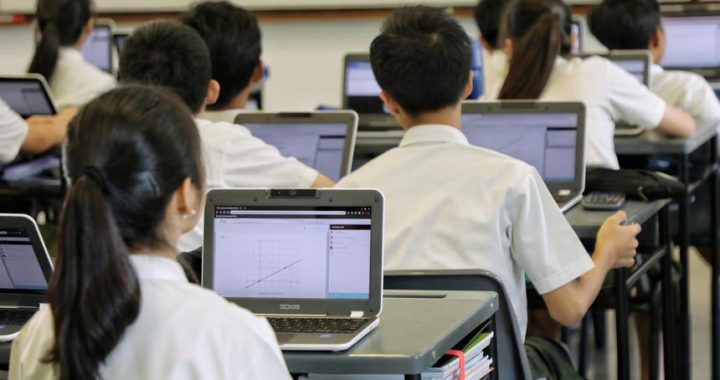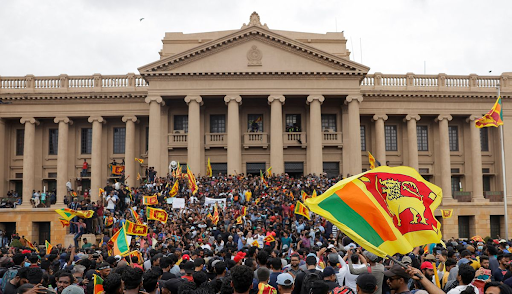
Zero-Gravity: How Modern Politics Departs from the Traditional Left-Right Spectrum
These days, it’s easy to feel lost in the unpredictability of global politics. Moreover, modern politics in Western democracies seem to no longer adhere to textbook ideas of political organisation. What’s behind political ideologies in recent years? What fuels the increasing divide between Left and Right? The IAS Gazette investigates how governments can address extreme polarisation and find their political centre of gravity once again.

 SAS Forum’s Freedom of Speech and Media Regulation: Through the Lens of International Affairs Society’s Gazette
SAS Forum’s Freedom of Speech and Media Regulation: Through the Lens of International Affairs Society’s Gazette  Jackpot: The Capitalist World and Casual Gambling
Jackpot: The Capitalist World and Casual Gambling 












